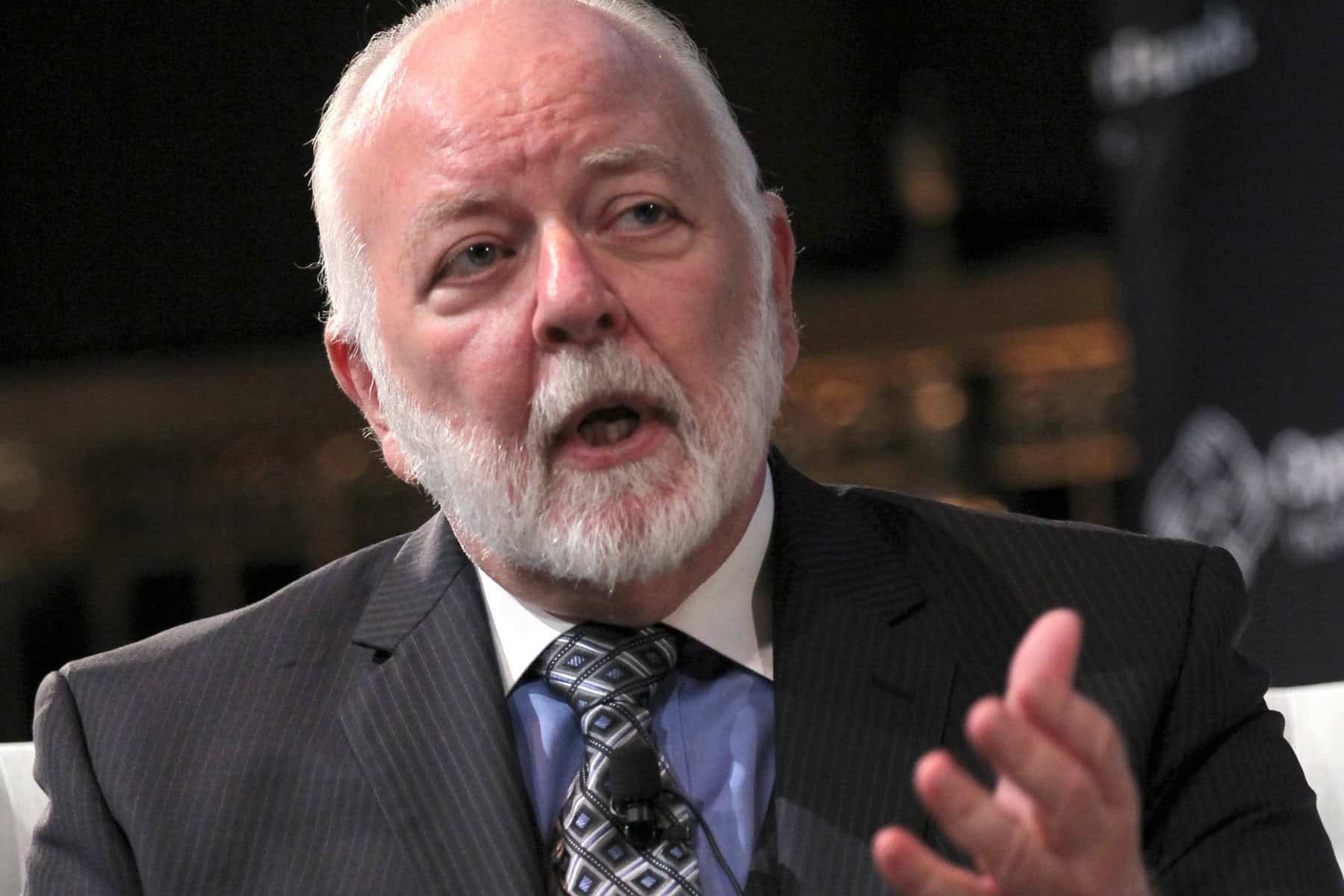
The big bank stocks aren’t having a great year, but there are plenty of opportunities in the banking sector if investors look beyond the largest names, noted analyst Dick Bove told CNBC on Monday.
Citigroup is down more than 10 percent for the year and Goldman Sachs has fallen 9 percent year to date. J.P. Morgan Chase is faring better, up just more than 1 percent, while Bank of America is down 0.41 percent.
Bove believes those who focus on only the largest six banks are “missing the whole ballgame.”
“Banks in the mid-cap area have been soaring this year. They’ve been doing extraordinarily well,” the equity research analyst at Hilton Capital Management said on “Closing Bell.”
In fact, Bove believes the biggest banks in the nation are losing market share to their smaller competitors.
In the 12-month period from March 2017 to March 2018, the four big universal banks grew their loan portfolios by 3.1 percent. Conversely, the 39 mid-cap regionals grew their loans by 15.7 percent, and 56 community banks grew their lending by 14.7 percent, he pointed out in a recent CNBC op-ed.
Christopher Whalen, chairman of Whalen Global Advisors, said the big banks had to work “very hard” to hit the first-quarter earnings numbers because “they are not growing.”
“The fundamental problem is they did really well last year, extraordinarily well, and it would be unreasonable to expect them to still go up … given the valuation. They’re fully valued,” he told “Closing Bell.”
Bank stocks will once again be in the spotlight when the results of the Federal Reserve’s annual stress tests are released later this week. Then, next week the results from the Comprehensive Capital Analysis and Review, or CCAR, will be announced, which pertains to banks’ plans to return capital to shareholders in the form of dividends or stock buybacks.
The tests are a part of the post-financial crisis Dodd-Frank reforms that mandated banks raise capital levels to protect against another crisis.
However, Whalen thinks the Fed is making a “terrible, terrible” mistake by making those results public.
“It has no value, analytically,” he said.
Meanwhile, Bove is against companies buying back their own stocks.
“The buyback programs really have significant negative impacts on banks. They may assist the stocks for a short period but they certainly didn’t help the stocks in 2018,” he said.
He said the focus needs to be on what is important.
“It’s what these companies do in selling products through their business and because they haven’t been selling products through their business in 2018 at a very attractive rate, the stocks have not done well,” Bove said.

